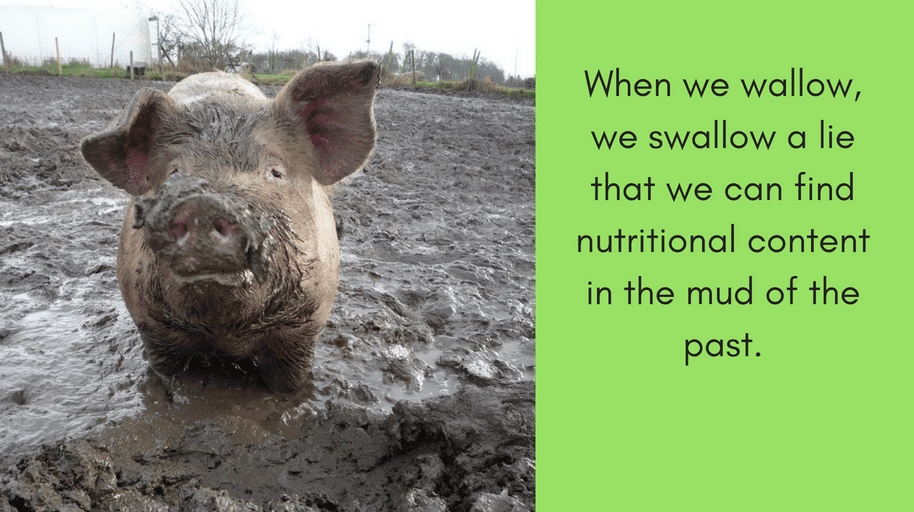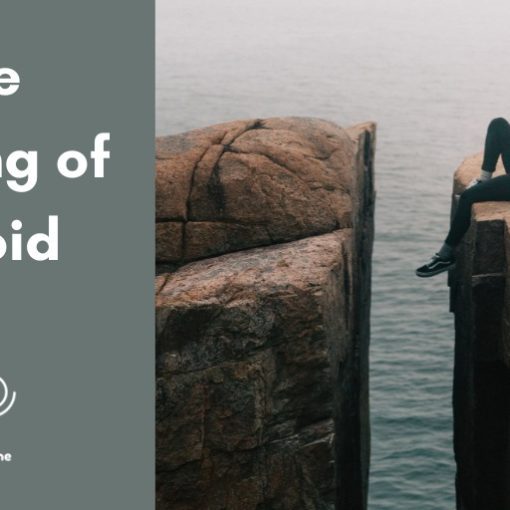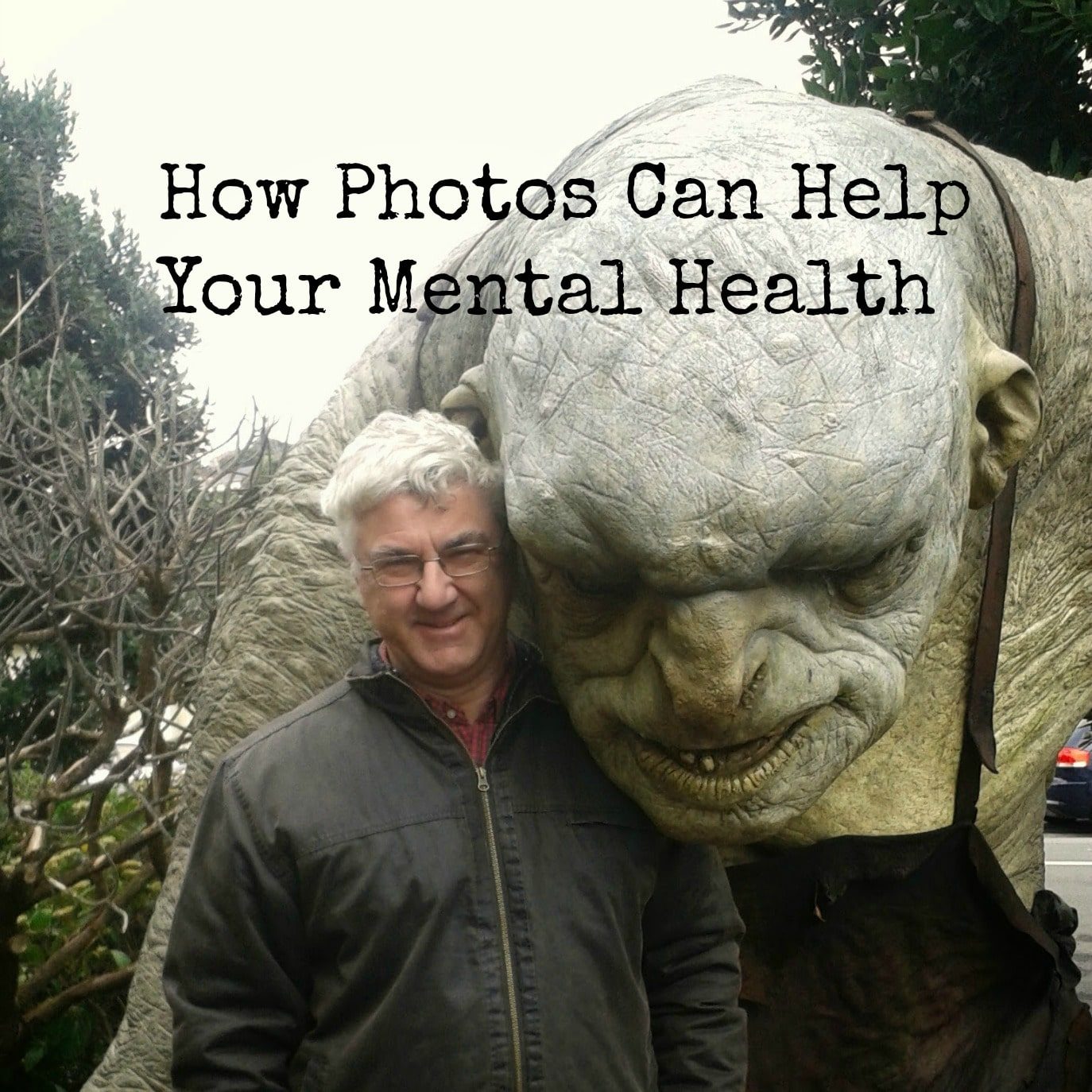‘If it wasn’t for sin I would be out of a job’.
This was a little quip I came up with when I was a pastor. The life of sinfulness and helping people through the mess kept me employed, gave me a living.
It does for many of us, especially those in the helping professions.
The other side of the coin was those who needed serious long term professional help yet could not access it due to its cost. I am thinking of those who needed counselling, psychotherapy etc but the fees were beyond the depth of their unemployed pockets.
I also think of those organisations who chased after the mighty dollar but in doing so left their original core delight in God and trust in him to provide.
Perhaps I think too much, but at the bottom line is the question I think Jesus would ask all of us, and myself.
Did you add to the burden of the poor or subtract from the burden?
Did you trust Spirit (Holy) or trust yourself?
In Nehemiah chapter 5 we leave the wall to look at the economic dynamics of the people involved. There was usury, extortionate interest being charged on loans, and even people having to sell their children into slavery.
1-2 A great protest was mounted by the people, including the wives, against their fellow Jews. Some said, “We have big families, and we need food just to survive.”
3 Others said, “We’re having to mortgage our fields and vineyards and homes to get enough grain to keep from starving.”
4-5 And others said, “We’re having to borrow money to pay the royal tax on our fields and vineyards. Look: We’re the same flesh and blood as our brothers here; our children are just as good as theirs. Yet here we are having to sell our children off as slaves—some of our daughters have already been sold—and we can’t do anything about it because our fields and vineyards are owned by somebody else.”
6-7 I got really angry when I heard their protest and complaints. After thinking it over, I called the nobles and officials on the carpet. I said, “Each one of you is gouging his brother.”
7-8 Then I called a big meeting to deal with them. I told them, “We did everything we could to buy back our Jewish brothers who had to sell themselves as slaves to foreigners. And now you’re selling these same brothers back into debt slavery! Does that mean that we have to buy them back again?”
They said nothing. What could they say?
9 “What you’re doing is wrong. Is there no fear of God left in you? Don’t you care what the nations around here, our enemies, think of you?
10-11 “I and my brothers and the people working for me have also loaned them money. But this gouging them with interest has to stop. Give them back their foreclosed fields, vineyards, olive groves, and homes right now. And forgive your claims on their money, grain, new wine, and olive oil.”
12-13 They said, “We’ll give it all back. We won’t make any more demands on them. We’ll do everything you say.”
Then I called the priests together and made them promise to keep their word. Then I emptied my pockets, turning them inside out, and said, “So may God empty the pockets and house of everyone who doesn’t keep this promise—turned inside out and emptied.”
Everyone gave a wholehearted “Yes, we’ll do it!” and praised God. And the people did what they promised.
14-16 From the time King Artaxerxes appointed me as their governor in the land of Judah—from the twentieth to the thirty-second year of his reign, twelve years—neither I nor my brothers used the governor’s food allowance. Governors who had preceded me had oppressed the people by taxing them forty shekels of silver (about a pound) a day for food and wine while their underlings bullied the people unmercifully. But out of fear of God I did none of that. I had work to do; I worked on this wall. All my men were on the job to do the work. We didn’t have time to line our own pockets.17-18 I fed 150 Jews and officials at my table in addition to those who showed up from the surrounding nations. One ox, six choice sheep, and some chickens were prepared for me daily, and every ten days a large supply of wine was delivered. Even so, I didn’t use the food allowance provided for the governor—the people had it hard enough as it was.
19 Remember in my favor, O my God,
Everything I’ve done for these people.
Nehemiah 5 (The Message)
Not a pretty scene.
In the midst of all this wonderful rebuilding work was a culture of indebtedness, burden bearing poverty, and people being forced into slavery.
I am sure the heart of God was groaning, and this groan poured into the hearts of the people, including the wives. I love that last phrase. I wonder why wives were singled out for mention?
Nehemiah confronts the problem head on. He calls for meetings and advocates on behalf of the people. The burden loading is stopped.
In the second part of this chapter he gives himself as an example of purpose and integrity.
- neither I nor my brothers used the governor’s food allowance.
- Out of fear of God I did none of that – oppression, bullying, showing no mercy
- I had work to do, I worked on this wall.
- All my men were on the job to do the work.
- We didn’t have time to line our own pockets.
- I didn’t use the food allowance provided for the governor
- The people had it hard enough as it was.
- Remember in my favor, O my God,Everything I’ve done for these people.
His focus was on the wall not the wallet or the waist.
He walked in a holy reverence of God. Not fear of punishment but fear that he might just choose second things over first things. That his feet might just drift from the narrow path.
[pullquote]Put first things first and we get second things thrown in: put second things first and we lose both first and second things. C.S. Lewis[/pullquote]
The last verse of this passage is a prayer of hope filled trust
Remember in my favor, O my God,
Everything I’ve done for these people.
He is quietly expectant that God will show some favour to him for what he has done. Not demanding, with a spirit of entitlement, that life goes well for him, but hoping that something of what he has done will bring Gods delightful blessing back on him.
Where does this interlace with you?
For me I don’t want to add to anyone’s burden, especially to those for whom this blog is focused. For people struggling under the weight of a mental illness life is tough enough.
I want to see my writing make a huge impact for people. My ‘first thing’, as C.S. Lewis would put it, is to see Mental Health flourish through Spiritual Formation.
However it is so tempting to write for the dollar.
I listen to many podcasts which spout various techniques to make lots of dollars, grow your influence, sell that book etc. They feel however like ‘second things’.
They at times stimulate in me negative depressive habits of comparison. I compare their ‘wall’ with mine and it comes up short, so I conclude that I must be doing something wrong. I get depressed, angry, frustrated.
Yet what I am being offered through these podcasts is only the projection of their wall, their success. Not the backstage reality.[pullquote]We rob ourselves of immeasurable joy when we compare what we do know about ourselves with what we don’t know about someone else. Rob Bell[/pullquote]
Perhaps God knows what their wall was built on and actually prefers my wall feeble as it may appear to me.
So what do I do?
I wait, trust and watch.
Its fascinating what happens when we let go of comparisons and a demandedness that God do this or that.
When we wait in an attitude of L.O.F.O. (Look Out For Opportunties) entwined with the hopeful prayer of ‘Remember in my favor, O my God …’ then perhaps we can sense when the favour flows.
Here are a few of examples
- Just this week a pastor friend whom I did a Social Media course for his church has asked me to come and speak to a Pastors meeting about how to use Social Media. He can’t pay me for this meeting but perhaps some further paid workshops could emerge from the other pastors. I wait, trust and watch.
- I have my eBook ‘So you want to help’ on sale at Gumroad with a ‘pay what you like’ price tag. I have sold a few copies. Some have bought it for 99 cents whilst someone bought it for $12. I am happy with both blessings. I wait, trust and watch.
- I have a gardening business called ‘Gumboot Gardening’ in which I always seem to have just enough work to do. I wait, trust and watch.
- I was recently interviewed for a podcast. My first ever and what a total surprise. Who knows where this may lead. I wait, trust and watch.
As I put first things first then the second things seem to take care of themselves. I wait, trust and watch.
I started out with this question.
Do you add to the burden of the poor or subtract from the burden?
Do you trust Spirit (Holy) or trust yourself?
How do you respond to these questions?
Questions to answer and leave a comment below.
- What systems keep those with Mental Illnesses under the load of a ‘heavy burden’?
- Why do we so easily chase after ‘second things’ and leave the narrow path of ‘first things’?
- How does comparison empower a depressive mindset? What helps?
- What does it feel like to pray this prayer. ‘Remember in my favor, O my God, Everything I’ve done for these people.’
Quotes to consider
- Put first things first and we get second things thrown in: put second things first and we lose both first and second things. C.S. Lewis
- People may spend their whole lives climbing the ladder of success only to find, once they reach the top, that the ladder is leaning against the wrong wall. Thomas Merton
- We rob ourselves of immeasurable joy when we compare what we do know about ourselves with what we don’t know about someone else. Rob Bell
- Do for one what you wish you could do for everyone. Andy Stanley
- Comparisons are cruel. They critique. They leave you empty and or envious or both and therefore it ruins. All comparison is deadly. Dr. Dan Allender
Barry Pearman





